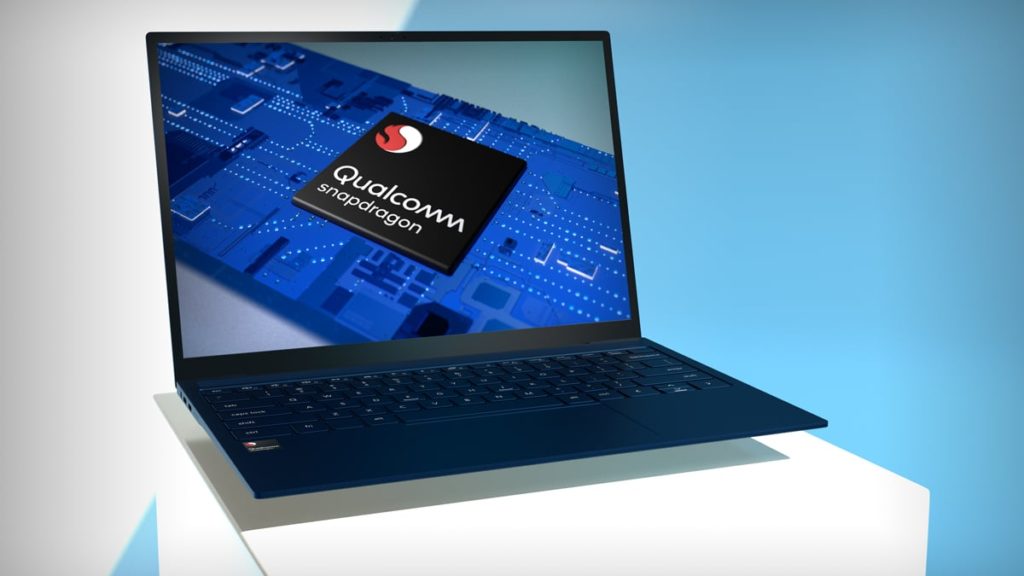Good Luck I guess?
Qualcomm is so far behind Apple's designs performance wise, that I doubt this will be a winner, but I could be proven wrong.
Will they only support 8gb of ram like the M1? I dont see that flying in the PC/Windows world.
If the preference is significantly improved without any serious limitations could really shake up/disrupt the pc/processor industry.
I didn't realize the M1's were limited to 8GB.
The product page for Apples M1 MacBook Pro claims to be "configurable to 16GB"
ARM on the PC is inevitable. I'm just not sure Qualcomm has what it takes. Their mobile chips trail so far behind Apple's mobile chips it isn't even a fair fight.
Oh goody an M1 type chip running... windows? And exactly how many actual games will work on it without emulation (guessing zero)
Or a super duper chromebook maybe?
There is much more to PC's than just games.
In fact, even with the PC gaming explosion we have had over the last 10 years, I bet gaming is still less than 10% of all use cases.
Sure, there are a lot of bombastic kids who buy parts and build gaming PC's with Christmas tree lights and loud roaring fans, but there are easily 10 times more people who buy PC's for email/web/office and other productivity apps.
Microsoft even stated that games were "outside the target customer", at least for initial Windows on ARM releases.
I don't have a complete picture of what the native ARM for windows software base looks like right now. Certainly Microsoft must have their app base ported, but has any kind of critical mass of 3rd party devs jumped in yet? x86 emulation reportedly works surprisingly well, but only for 32bit applications, which kind of limits things a bit.
At least in March of this year when
this article was written 64bit emulation was still a work in progress, and I wouldn't be surprised if it never performs particularly well.
Reportedly Microsofts initial target when it came to x86 emulation was for legacy business productivity apps that were unlikely to be ported to ARM. They were pretty optimistic that developers would jump on developing for Windows on ARM, so that for newer apps it wouldn't be necessary to emulate, but that doesn't look like it has happened.

Image: Qualcomm
